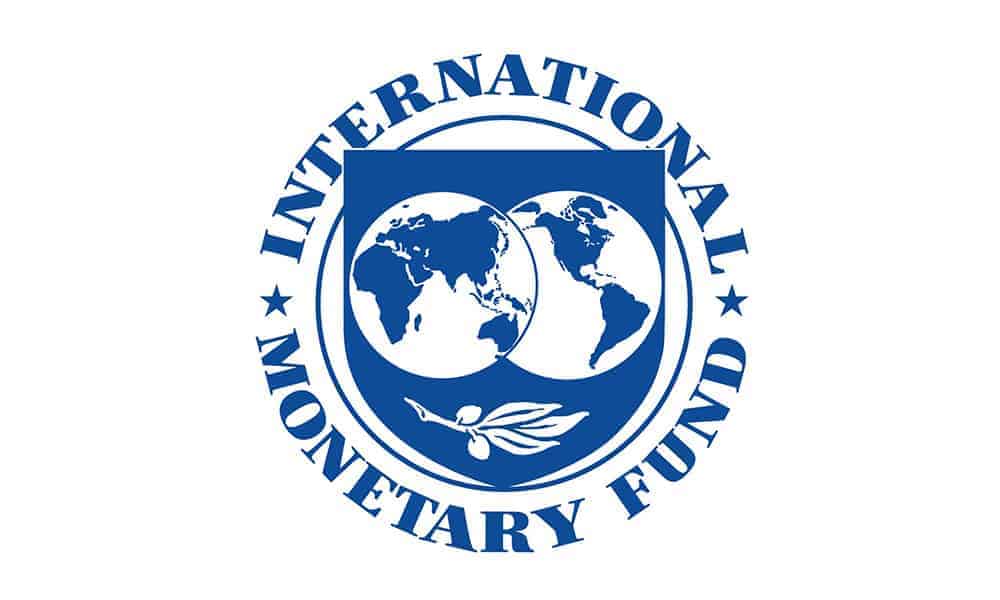The International Monetary Fund (IMF) staff gave the green light to grant Costa Rica 710 million dollars for the fight against global warming and estimates that it can receive a new disbursement from an existing financial agreement, the organization announced Tuesday.
This approval is pending the approval of the board of directors, which will analyze it “in the coming weeks”, the statement said.
Costa Rica is the second country, after Barbados, to benefit from the new Resilience and Sustainability Facility (SRS) launched in May to support poor or vulnerable countries in the face of long-term difficulties caused by global warming.
The new facility “would support Costa Rica’s pioneering efforts to assess climate risks, decarbonize its economy, strengthen the resilience of its infrastructure, as well as green the reserves of the BCCR (Central Bank of Costa Rica) and the financial sector,” says Manuela Goretti, head of the IMF team that visited the country from September 20 to October 3.
The new instrument will provide resources with longer maturities and more accessible terms, the note notes.
Reform measures will continue to be closely coordinated with the World Bank, the Inter-American Development Bank (IDB) and other international partners, it adds.
The team headed by Goretti also conducted the third review of Costa Rica’s $1.8 billion financial agreement with the Fund to see if the country met the conditions for a new disbursement of $264 million.
“The fiscal targets foreseen in the program were comfortably met,” says Goretti, who believes that “the authorities are on track.”
The authorities of Costa Rica, whose economy will grow by around 4.4% this year, “must move forward with their ambitious plans to increase the fairness and progressivity of personal income taxes, improve the equity and efficiency of public spending, and strengthen debt management”.
The Costa Rican government announced in mid-August the sale of two public banks, for US$1.8 billion, to pay part of its debt, which at that date reached approximately 70% of Gross Domestic Product (GDP).






